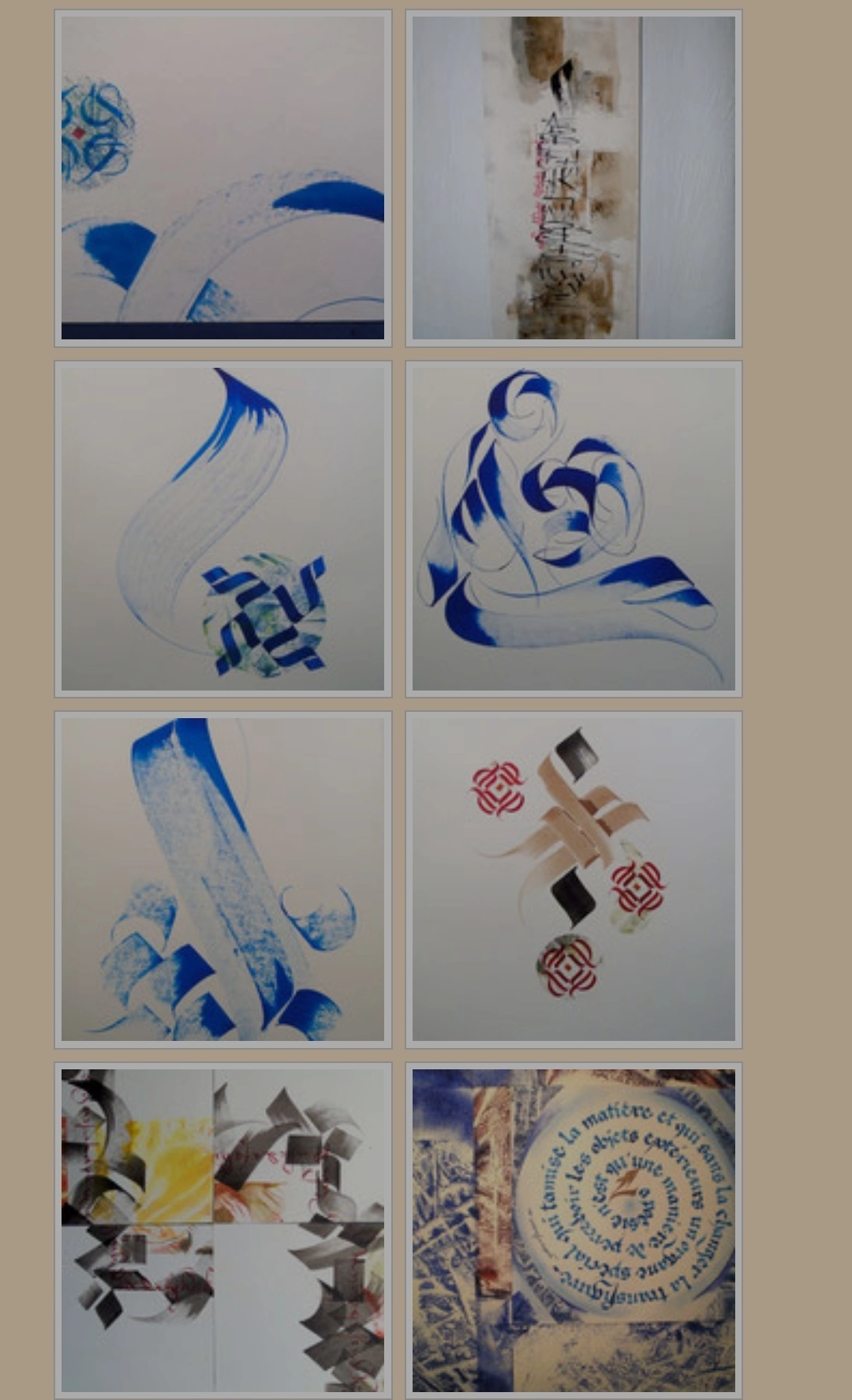Seit Hunderttausenden von Jahren sprechen die Menschen irgendeine Form von Sprache. Dennoch machen Sprachwissenschaftler, Psychologen und Historiker ständig neue Entdeckungen.#Sprache #Kommunikation #»Autsch«-Faktor #Bouba-Kiki-Effekt #Alphabet #Gehirn #Implantat #Brain-computerinterface #Synästhesie #Handschrift #BrainRot #Tsimane #Linguistik #Kultur
8 faszinierende Dinge, die wir 2024 über Sprache gelernt haben
#alphabet
#Microsoft is being investigated by the #FTC over #antitrust concerns
But in recent years Microsoft has mostly escaped the kind of antitrust scrutiny applied to #Amazon, #Apple, #Meta, and #Google, each of which is fighting its own #monopoly charges from the #government.
If you call it Meta instead of #Facebook then Google is #Alphabet. Good journalism is so hard to find... 😩
#economy #politics #justice #siliconvalley #technology #Software #Problem #future #capitalism #internet #news #usa
2 Likes
1 Comments
Bits of Freedom strijdt al 25 jaar voor privacy: ‘Je laat altijd een spoor van data achter’
Trouw (€)
(...) Het beschermen van het recht op privacy is noodzakelijker dan ooit, nu we in een digitale wereld leven waarin vrijwel al onze communicatie in handen is van slechts een handjevol Amerikaanse techbedrijven, zegt Evelyn Austin, directeur van Bits of Freedom. Een kantelpunt in de nog relatief korte geschiedenis van het internet was volgens haar de opkomst van sociale media in combinatie met de smartphone. (...)
(Tekst loopt door onder de foto.)
Veel van de technologie die we gebruiken om wereldwijd te communiceren is in handen van slechts enkele grote techbedrijven zoals Meta, dat Facebook en WhatsApp maakt, en Alphabet, de eigenaar van onder meer Google en YouTube. Bedrijven met een Amerikaans idee over vrijheid, zegt Austin. “Zeer individualistisch; een kleine overheid die zich vooral niet met de dingen moet bemoeien. Inmiddels weten we dat je soms juist overheidsingrijpen nodig hebt om de vrijheid van de groep te beschermen. En dan kom je uit op heel andere maatregelen, zoals wetten, regels, controle en handhaving.” (...)
BoF heeft net zoveel zorgen over schending van de privacy door het bedrijfsleven als door de overheid. Bovendien werken die vaak samen om burgers te controleren, omdat het overgrote deel van onze communicatie via de grote techbedrijven loopt. (...)
Eigenlijk bepalen de grote techbedrijven al tien jaar voor een grote groep in de samenleving met welk nieuws ze ‘s morgens opstaan en hoe hun kijk op de wereld is. En dat levert bakken met data op die in handen zijn van slechts een handjevol partijen. (...)
Lang werd er door de overheid ingezet op zelfregulering. Grote techbedrijven moesten zelf regels bedenken om hun apps veilig te maken en verantwoord datagebruik te waarborgen. Volgens BoF is het al heel lang een slecht idee om dat aan de commerciële markt over te laten. (...)
De manieren waarop we de vrije markt reguleren werken niet in de digitale wereld omdat er slechts een beperkt aantal spelers op de markt is en consumenten vrijwel geen macht hebben. (...) Dat komt deels omdat die diensten gratis zijn, maar ook omdat er simpelweg geen alternatieven zijn. (...)
Er worden door bedrijven en overheden op basis van data die over ons zijn verzameld steeds vaker voorspellingen gedaan over hoe we ons gaan gedragen, en of we misschien in een risicogroep zitten. (...)
Die fouten in de systemen worden een soort code, en als je niet aan de norm voldoet, kun je in de problemen raken. “AI herhaalt het verleden, historische ongelijkheid wordt als het ware gecodificeerd. En dat gaat de kansenongelijkheid vergroten.” (...)
Kies bijvoorbeeld voor privacyvriendelijkere, open source alternatieven. Gebruik een zoekmachine als DuckDuckGo in plaats van Google, zodat Google minder data over je verzamelt. Of gebruik Jitsi om te videobellen in plaats van bijvoorbeeld Zoom of Skype. (...)
> Zie ook: Landsgrenzen zijn in de digitale wereld achterhaald: ‘Silicon Valley zit in je broekzak’ (NRC) (€)
Tags: #nederlands #bof #internet #privacy #data #data_mining #surveillance #surveillancekapitalisme #alphabet #google #youtube #meta #facebook #whatsapp #instagram #vrijheid #democratie #sociale_media #social_media #zelfregulering #dsa #dma #avg #netneutraliteit #duckduckgo #jitsi #zoom #skype #tracking
Here’s the deal: AI giants get to grab all your data unless you say they can’t. Fancy that? No, neither do I.
The Guardian
Data is vital to AI systems, so firms want the right to take it and ministers may let them. We must wake up to the danger.
(Text continues underneath the photo.)

The OpenAI logo on a laptop and ChatGPT on a smartphone. Photograph: Jakub Porzycki/NurPhoto/REX/Shutterstock.
Imagine someone drives up to a pub in a top-of-the-range sports car – a £1.5m Koenigsegg Regera, to pick one at random – parks up and saunters out of the vehicle. They come into the pub you’re drinking in and begin walking around its patrons, slipping their hand into your pocket in full view, smiling at you as they take out your wallet and empty it of its cash and cards.
The not-so-subtle pickpocket stops if you shout and ask what the hell they’re doing. “Sorry for the inconvenience,” the pickpocket says. “It’s an opt-out regime, mate.”
Sounds absurd. Yet it seems to be the approach the government is pursuing in order to placate AI companies. A consultation is soon to open, the Financial Times reports, that will allow AI companies to scrape content from individuals and organisations unless they explicitly opt out of their data being used. (...)
Tags: #ai #artificial_intelligence #ChatGPT #Claude #Gemini #Grok #OpenAI #data #opt-out #meta #facebook #instagram #google #alphabet #copyright #big_tech #lobby
Evolution of the English Alphabet
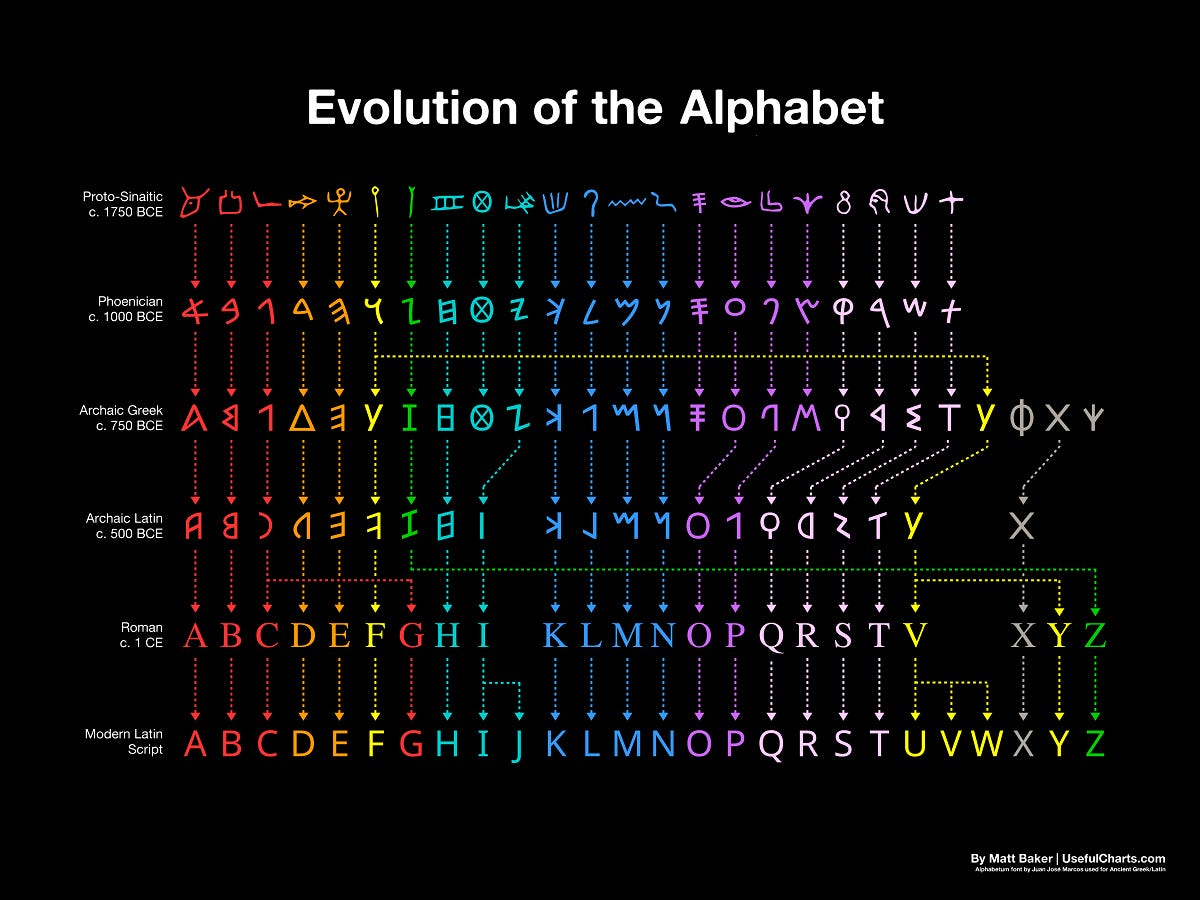
http://coolinfographics.squarespace.com/blog/2018/5/15/evolution-of-the-english-alphabet.html
#english #alphabet
10 Likes
4 Comments
1 Shares
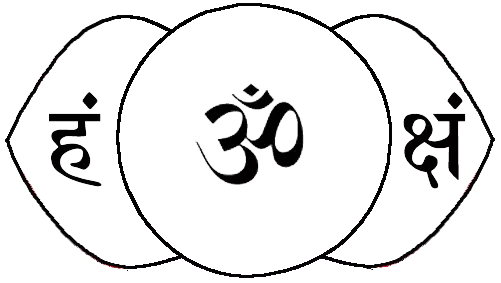
The #root #chakra has #four #petals and is often visualized as parallel to the ground.
vaṁ, śaṁ, ṣaṁ, saṁ

The #Svadhisthana (2nd chakra) has 6 #six petals.
baṁ, bhaṁ, maṁ, yaṁ, raṁ, laṁ

Then the petals of the #navel chakra are visualized with the next 10 letters.
ḍaṁ, ḍhaṁ, ṇaṁ, taṁ, thaṁ, daṁ, dhaṁ, naṁ, paṁ, phaṁ

Next the petals of the #heart chakra are visualized with the first twelve consonants of the #Sanskrit #alphabet.
kaṁ, khaṁ, gaṁ, ghaṁ, ṅaṁ, caṁ, chaṁ, jaṁ, jhaṁ, ñaṁ, ṭaṁ, ṭhaṁ

aṁ, āṁ, iṁ, īṁ, uṁ, ūṁ, ṛṁ ṝṁ ḷṁ ḹṁ eṁ aiṁ oṁ auṁ aṁ aḥ
Some traditions use “Auṁ (the akṣara + ṁ) namaḥ”. So it would go “Auṁ aṁ namaḥ”, “Auṁ āṁ namaḥ”, etc.


#Om
Creation occurred due to the first sound #Aum. The universe and everything in it is condensed energy, that energy is vibrating and all has sound. The body itself is sound, called sabda in Sanskrit. The body can be recreated with sound as many modern technologies are now tapping into. In the ancient Puranas (sacred story texts), there are elaborate stories of the creation of the world (shristi karana). Meditating on the seed sounds (bijas) of the chakra petals is also called shristi karana, for it is the recreation of the body through sound (sabda). This is the practice of meditating on the chakras according to the Achyutananda tradition.
(1) First step is to worship the Guru and Paramguru. Those who don’t have one can do the mantra “Aum Vyam Vyasadevaya Namah” [1] 108 times while meditating on the crown, imagining golden radiant light coming into the crown and light sitting on the head. The Guru’s grace rests on the head. (2) Next pranayama can be done.
(3) Meditate on the third eye chakra, bringing the awareness there. (4) If one knows the Agni navakṣari mantra it can be done 21 times (5) followed by the Chaitanya mantra, or just praises to the fire of the third eye fire.
(6) Then one can do their parampara mantra [2] to stabilize the five aspects of the mind and make it peaceful.
(7) When the mind has become stable and peaceful one begins with the throat chakra. It contains 16 petals, each with the vowels of the Sanskrit alphabet. A knowledge of Sanskrit alphabet and its pronunciation is very helpful.
2 Likes
Hoe Big Tech en AI het politieke bedrijf én gewone levens binnendringen
NRC (€)
Terwijl overheden technologiebedrijven de vrije hand gaven en vertrouwden op enige mate van zelfregulering, is kunstmatige intelligentie een steeds groter gevaar voor gewone mensen geworden. Twee nieuwe boeken laten zien dat het einde van die ontwikkeling nog niet in zicht is. (...)
(Tekst loopt door onder de foto.)
:format(webp)/s3/static.nrc.nl/images/gn4/stripped/data121320425-e7a280.jpg)
Een scherm toont de werking van een Quantum AI-beveiligingscamera. Foto Joan Cros/NurPhoto via Getty Images.
Maar nog altijd is de macht van de technologiebedrijven zó groot, stelt [Marietje] Schaake [in haar boek De tech coup] niet als eerste, dat zij een bedreiging vormen voor het democratische gehalte van onze samenlevingen.
Toen vorig jaar voor iedereen duidelijk was dat de snelle ontwikkelingen op het gebied van kunstmatige intelligentie (AI) allerlei risico’s met zich meebrengen, bleken Amerikaanse senatoren opnieuw geen partij voor Silicon Valley. (...)
Veel te lang is algemeen geaccepteerd dat informatietechnologie de wereld alleen maar beter kan maken, betoogt Schaake. Regeringen gaven technologiebedrijven alle ruimte en vertrouwden op vormen van zelfregulering. Maar raden van toezicht, ethische beginselverklaringen en tandeloze visiedocumenten: het leidt allemaal maar af van ‘de overheidstaak om wetten aan te nemen en de handhaving ervan te organiseren’.
De centrale vraag van Schaake’s boek is of democratieën daartoe eigenlijk nog wel in staat zijn, nu zij op zo veel terreinen van de grote technologiebedrijven afhankelijk zijn – van cyberveiligheid en defensie tot de opslag van alle mogelijke data, van communicatie tot onderwijs en gezondheidszorg. (...)
Overtuigend laat Schaake zien hoe de grote technologiebedrijven in feite grootmachten zijn geworden, die rollen op zich hebben genomen die vroeger tot het domein van nationale staten behoorden. (...)
De brede, politieke blik van Schaake op hoe ingrijpend de wereld door internet verandert, vindt een perfecte aanvulling in een ander boek, dat ook onlangs verscheen: In de schaduw van AI, door Madhumita Murgia. Murgia, AI-redacteur van de Financial Times, richt haar blik niet op Silicon Valley en de politiek. Als verslaggever reist ze de wereld over om te onderzoeken hoe de levens van individuele mensen door digitale technologie, en in het bijzonder kunstmatige intelligentie, zijn veranderd – vaak niet, of niet alleen, ten goede.
Dat levert mooie portretten op. (...)
De Iraakse Hiba Hatem Daoud (...) moet om AI te trainen afbeeldingen van een label voorzien: op satellietbeelden aanklikken wat velden, oceanen en steden zijn, bij straattaferelen wat voetgangers, zebrapaden en stoplichten zijn. (...)
Dit soort werk verdoezelt een publiek geheim, schrijft Murgia: dat AI-technologie niet autonoom ‘leert’, zoals gemakshalve vaak wordt gezegd, maar ‘afhankelijk is van de input van miljoenen mensen’. Vaak worden die geworven uit kwetsbare groepen: gemarginaliseerde jongeren, vluchtelingen, alleenstaande moeders, en veelal in delen van de wereld waar ze bereid zijn te werken voor weinig geld. Ze zijn de ‘ondergewaardeerde steunpilaren van de AI-industrie’.
En soms gaat het om extreem zwaar werk, bijvoorbeeld voor de mensen in Kenia die de hele dag voor de grote bedrijven in de VS gruwelijke beelden moeten bekijken, om ze te markeren als ongeschikt voor het trainen van AI. Murgia, geboren en getogen in India, schrijft hier nuchter maar met compassie over. Ze herkent een patroon: datakolonialisme, de exploitatie van kwetsbare gemeenschappen door machtige technologiebedrijven in een rijker deel van de wereld. (...)
Ze vertelt dat er inmiddels honderden gebruiksvriendelijke ‘naakt-apps’ bestaan, waarmee gebruikers foto’s van geklede vrouwen kunnen uploaden, waarna de AI ze ‘uitkleedt’, ofwel hun lichamen vervangt door naakte versies die het algoritme voortbrengt , inclusief borsten en vulva’s. (...)
Bij de verhalen uit In de schaduw van AI is het moeilijk om optimistisch te blijven over de belofte van kunstmatige intelligentie. (...)
Tags: #nederlands #boeken #big_tech #facebook #meta #google #alphabet #microsoft #amazon #ai #kunstmatige_intelligentie #zelfregulering #overheid #democratie #datakolonialisme
1 Shares
8 Likes
1 Comments
3 Shares
EU klagt gegen Apple: Apple ist nicht unantastbar
Es ist kein Naturgesetz, dass Apple es seinen Nutzern schwer machen darf, zu Android-Geräten zu wechseln oder auch nur kompatibel zu sein.#AppleiOS #Google #EU-Kommission #Android #Alphabet #Europa #Politik
EU klagt gegen Apple: Apple ist nicht unantastbar
One person like that
‘Encryption is deeply threatening to power’: Meredith Whittaker of messaging app Signal
The Guardian
The woman in charge of the secure communication channel remains implacably opposed to the ‘disease’ of surveillance – and concerned about the sharing of personal data.
(Text continues underneath the photo.)

Meredith Whittaker: ‘We will hold the line.’
Surveillance, she says, was a “disease” from the very beginning of the internet, and encryption is “deeply threatening to the type of power that constitutes itself via these information asymmetries”. All of which means that she doesn’t expect the fight to end any time soon. “I don’t think these arguments are in good faith. There’s a deeper tension here, because in 20 years of the development of this metastatic tech industry, we have seen every aspect of our lives become subject to mass surveillance perpetrated by a handful of companies partnering with the US government and other ‘Five Eyes’ agencies to gather more surveillance data about us than has ever been available to any entity in human history. (...)
The criticisms of encrypted communications are as old as the technology: allowing anyone to speak without the state being able to tap into their conversations is a godsend for criminals, terrorists and paedophiles around the world.
But, Whittaker argues, few of Signal’s loudest critics seem to be consistent in what they care about. “If we really cared about helping children, why are the UK’s schools crumbling? Why was social services funded at only 7% of the amount that was suggested to fully resource the agencies that are on the frontlines of stopping abuse?” (...)
“Signal either works for everyone or it works for no one. Every military in the world uses Signal, every politician I’m aware of uses Signal. Every CEO I know uses Signal because anyone who has anything truly confidential to communicate recognises that storing that on a Meta database or in the clear on some Google server is not good practice.” (...)
Tags: #messaging #messaging_app #message_app #whatsapp #signal #facebook #meta #google #alphabet #privacy #surveillance #mass_surveillance #surveillance_capitalism #surveillance_advertising #privacy #data #data_mining #personal_data
2 Likes
The #Coelbren #Alphabet trail
https://www.youtube.com/watch?v=2tGL3fNq8lI
The Coelbren Alphabet, or the British Alphabet, was created out of #pictograms by the #Hebrews who were released from #Egypt. Using #Wilson & #Blackett’s #research, and #RossBroadstock’s groundbreaking discovery that #Welsh can be used to translate Egyptian #hieroglyphics, this video tracks Coelbren from the present day back to Egypt.
I mentioned Hugh Evans’ book: the title is ‘The Origin of the Zodiac’. This is an outstanding and beautifully produced piece of research into the correlation on the ground in #Gwynedd of the #constellations of the #Zodiac. Highly recommended, and available through https://Cymroglyphics.com.
#Alphabet, #Meta et #OpenAI proposent des millions pour collaborer avec #Hollywood
https://www.linkedin.com/pulse/alphabet-et-meta-proposent-des-millions-pour-avec-sur-turrettini-ktgee
#Disney #vidéo #spectacle #audio-visuel #cinéma #film #virtuel #showbiz #industrie #usa #mondialisation
/e/OS Is Better Than Android. You Should Try It
Wired
Even if you aren’t technically inclined, this privacy-first mobile operating system helps you escape surveillance capitalism. (...)
(Text continues underneath the photo.)

Photograph: Scott Gilbertson, Getty images
One project that has created a great user experience on top of AOSP is /e/OS. For the past six months, I've used nothing else, and I am here to say that the world of Android alternatives has never been better. If you're looking to get out of the Google box, come on in, the water's fine. (...)
While Android is open source, Google has taken a page from the Microsoft playbook of old and uses things like its “Play Integrity” APIs to ensure that apps will only work with Google's version of Android. This way Google can wave the open source flag while effectively preventing downstream forks from working. (...)
Tags: #e/os #android #data #data_mining #surveillance #surveillance_capitalism #privacy #smartphone #big_tech #google #alphabet
One person like that
Weg van big tech, vaak niet zo gemakkelijk.
We moeten weg van big tech, geen twijfel over mogelijk. Op de slimfoon is e/os een goede optie, want gebruiksvriendelijk.
Voorzichtigheidshalve heb ik e/os eerst getest op tweede telefoon. Dat ging een hele tijd prima (behalve die keer dat een update vastliep en een schone installatie nodig was).
Maar nu twijfel ik toch of ik een volledige overstap aandurf: een bankapp van een buitenlandse bank werkt niet meer door update naar e/os v2 óf update van app.
Dat is een lastige, want het geeft onzekerheid.
#e\/os #android #data #data_mining #surveillance #surveillancekapitalisme #privacy #smartphone #slimfoon #big_tech #google #alphabet
I Have Added Censored Videos to My Minus Library
[minus://envbba6qz5rq36kkt7ipo6oqtj7glvz6hhkescpxb3m6zx2jnmo6zmad.onion/Glory-to-Hong-Kong---Anthem-of-The-Hong-Kong-Protests-Pe1gTPcWyds.mp4](minus://envbba6qz5rq36kkt7ipo6oqtj7glvz6hhkescpxb3m6zx2jnmo6zmad.onion/Glory-to-Hong-Kong---Anthem-of-The-Hong-Kong-Protests-Pe1gTPcWyds.mp4) 3.73 MiB
If you don't have MinusBrowser, you can download this by starting Tor Browser and then typing this in a terminal window.
curl --socks5-hostname 127.0.0.1:9150 -O gopher://envbba6qz5rq36kkt7ipo6oqtj7glvz6hhkescpxb3m6zx2jnmo6zmad.onion:1990/9/Glory-to-Hong-Kong---Anthem-of-The-Hong-Kong-Protests-Pe1gTPcWyds.mp4
Freedom for Hong Kong!
my library
[minus://envbba6qz5rq36kkt7ipo6oqtj7glvz6hhkescpxb3m6zx2jnmo6zmad.onion/](minus://envbba6qz5rq36kkt7ipo6oqtj7glvz6hhkescpxb3m6zx2jnmo6zmad.onion/)
[gopher://gopher.floodgap.com/0/feeds/voaheadlines/2024/May/15/https---www.voanews.com-a-youtube-agrees-to-remove-videos-of-banned-hong-kong-protest-song-7612904.html](gopher://gopher.floodgap.com/0/feeds/voaheadlines/2024/May/15/https---www.voanews.com-a-youtube-agrees-to-remove-videos-of-banned-hong-kong-protest-song-7612904.html)
Originally posted by the Voice of America.
Voice of America content is produced by the Voice of America,
a United States federal government-sponsored entity, and is in
the public domain.
YouTube agrees to remove videos of banned Hong Kong protest song
by VOA News
YouTube says it will block access in Hong Kong to videos of
performances of a banned protest song.
Hong Kong's Court of Appeal ruled last week that "Glory to Hong Kong,"
which emerged as an anthem for protesters during the massive
anti-government protests in 2019, is illegal to sing or play in the
city. The ruling said the song's composer intended for the song to be
used as a "weapon."
There was no immediate comment from the government in Hong Kong.
The ban covers anyone who either broadcasts or distributes the song
with the intention of promoting Hong Kong's independence or
misrepresents it as the city's official anthem. Hong Kong is a
semi-autonomous city.
YouTube said in a statement Wednesday that it will block access in the
Chinese city to 32 videos of the song, which the court deemed was
"prohibited content."
"We are disappointed by the Court's decision but are complying with its
removal order," the online video sharing service said. The company said
it shared concerns with human rights organizations about the chilling
effect the ban would have on free speech online, and that it is
considering options to file an appeal.
A search for the 32 videos in Hong Kong resulted in a message saying
they were "not available on this country domain due to a court order."
The song has mistakenly been played at sporting events as the official
anthem of Hong Kong. The city does not have its own anthem, instead
using mainland China's official anthem "March of the Volunteers."
The appeal court's ruling overturned a previous decision issued last
year by the High Court, which cited free speech concerns. The
government went to court last year to have the song banned after Google
and other internet service providers refused to remove it from their
search results.
YouTube and Google are owned by California-based Alphabet.
The ban is the latest action taken by the government to silence
dissenting voices since Beijing passed a sweeping security law for Hong
Kong in 2020 in response to the protests. The law punishes anyone
believed to be carrying out terrorism, separatism, subversion of state
power or collusion with foreign forces.
Since the law took effect, hundreds of pro-democracy advocates have
been arrested, tried and jailed, and the city's once-vibrant civil
society has been stifled.
George Chen, the co-chair of digital practice at the Washington-based
business and policy consultancy Asia Group, said the ban could hurt
Hong Kong's reputation as a global financial hub if officials pressure
online platforms on a daily basis to remove content, as it could raise
questions about its willingness to allow the free flow of information.
Some information for this report came from The Associated Press,
Reuters, Agence France-Presse.
The Voice of America provides news and information in more than 40
languages to an estimated weekly audience of over 326 million people.
Stories with the VOA News byline are the work of multiple VOA
journalists and may contain information from wire service reports.
#hong-kong #hongkong #china #youtube #censorship #google #alphabet #anthem #hong-kong-anthem #anthem-of-hong-kong #香港 #中国
One person like that
2 Comments
https://www.youtube.com/watch?v=lYhG02O5mIw
The #folklore and folk #magic associated with the #Whitethorn.
Part of a series of videos on the sacred trees of Britain and Ireland, their associations in the #Ogham ' #Celtic' #Tree #Alphabet and their symbolism, folklore, #mythology and practical and magical applications in #history and today.
The #May-Tree, or #Hawthorne or Whitethorn is sometimes thought of as the sister tree to the Blackthorn.
It is an ambivalent tree with both positive and negative associations in the Old Ways. A lot of this is to do with the #fairy folk, the good people or the Sídhe.
In the Ogham, it represents the letter #H ( #Huath) and denotes fear and horror.
Other associations include #healing, #fertility, sexuality, #protection, boundaries and #death.
2 Likes
Waarom onze smartphones de sleutel zijn tot een beter internet
Waag Futurelab
Begin dit jaar startte Waag Futurelab samen met partners met het Mobifree-project. De missie is even ambitieus als fundamenteel: Europese inwoners en organisaties voorzien van een grotere keuze in en toegang tot mensgerichte en ethische mobiele software. Danny Lämmerhirt leidt dit traject voor Waag. Hij legt uit waarom juist die mobiele software zo cruciaal is, hoe die nu wordt gedomineerd door twee grote spelers en waarom we moeten investeren in alternatieven.
(Tekst loopt door onder de foto.)
In Mobifree wordt gesproken over het ‘mobiele ecosysteem’. Dat klinkt als iets heel groots. Wat moeten we hieronder verstaan? ‘Het mobiele ecosysteem is inderdaad een uitgebreide verzameling van samenwerkende onderdelen op je smartphone. Het gaat hierbij om zowel je apps, de telefoon zelf (hardware), het besturingssysteem, de verbindingen met de cloud, de firmware, de interfaces waardoor apps en andere code met elkaar communiceren, en alle datastromen tussen deze onderdelen. In Mobifree kijken we naar al deze lagen van het mobiele ecosysteem. Nu worden belangrijke delen van het systeem gecontroleerd door Apple en Google, wat leidt tot allerlei ongewenste afhankelijkheden en problemen. Ons doel is een alternatief te bieden.’ (...)
Elk mobiel ecosysteem is een combinatie van verschillende onderdelen: denk aan je besturingssysteem (iOS/Android), je apps (Whatsapp/Google Maps), je cloud-dienst (Drive/iCloud), je internetbrowser (Chrome/Safari) en je toestel (bijvoorbeeld Samsung of Huawei phones/iPhone). Google en Apple beheersen grote delen van deze stack. Dat is problematisch. Bij Waag werken we aan een ‘public stack’, gebaseerd op publieke-, in plaats van aandeelhoudersbelangen.’ (...)
Tags: #nederlands #internet #privacy #apple #google #alphabet #samsung #smartphone #iphone #fdroid #mobifree #ios #android #apps #clouddienst #browser #monopolie
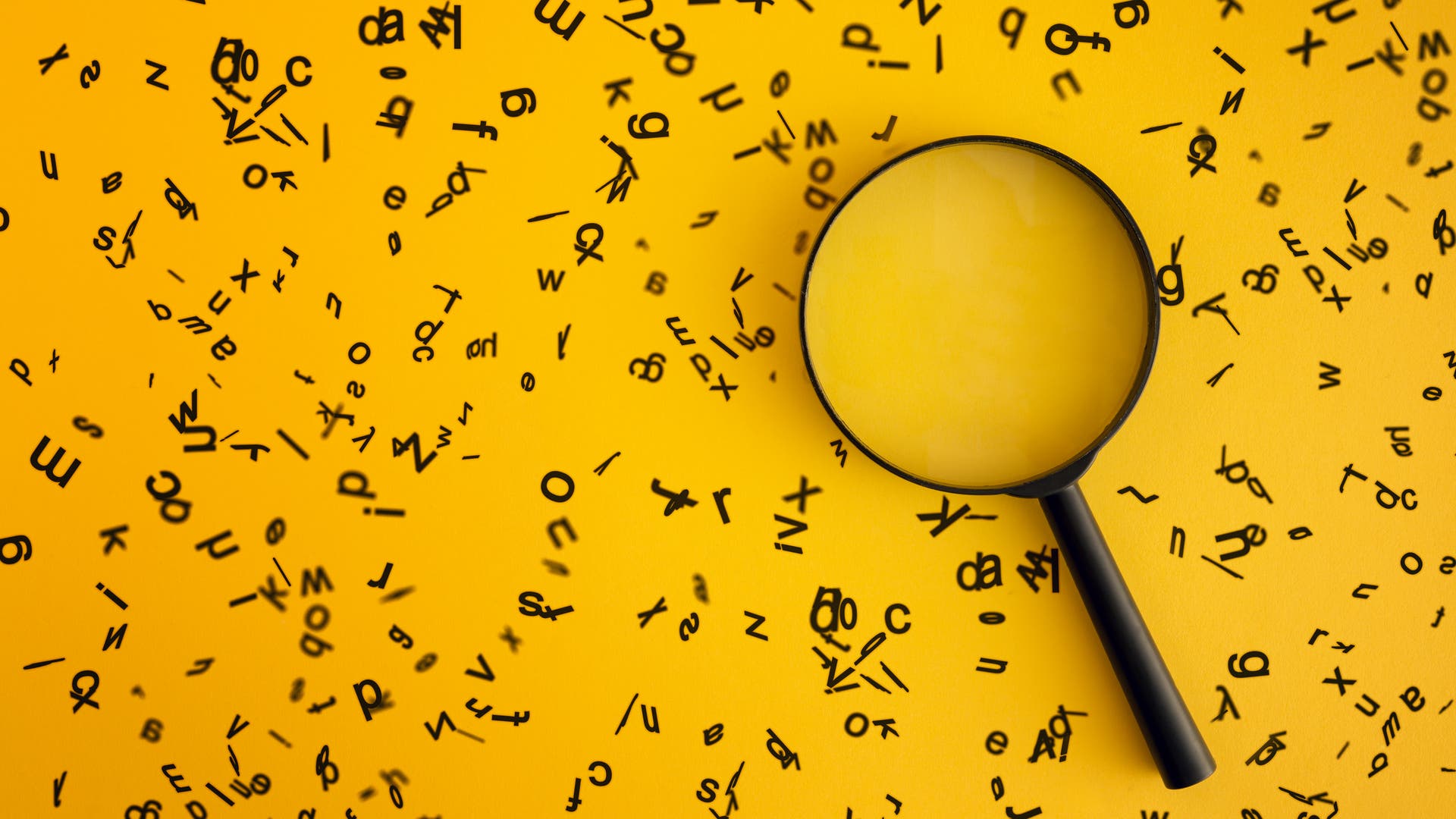
/cdn.vox-cdn.com/uploads/chorus_asset/file/23951560/VRG_Illo_STK178_L_Normand_SatyaNadella_Neutral.jpg)
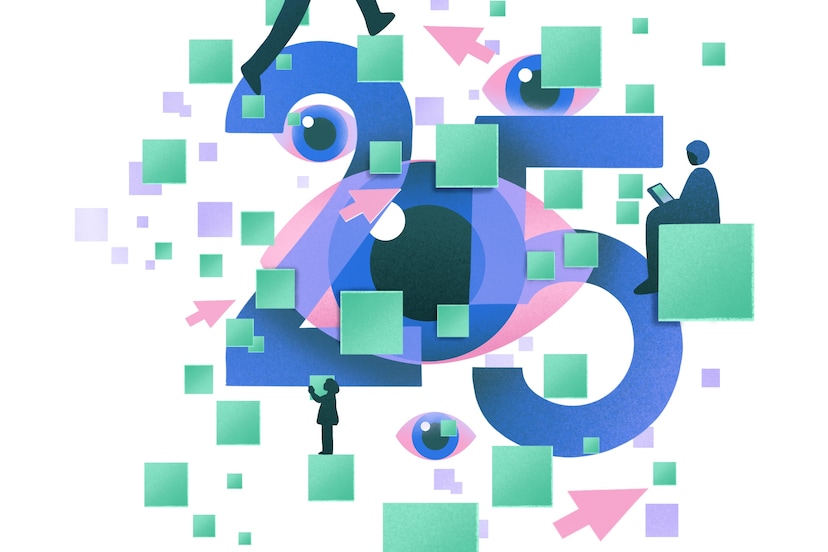

/s3/static.nrc.nl/images/gn4/stripped/data121320425-e7a280.jpg)
